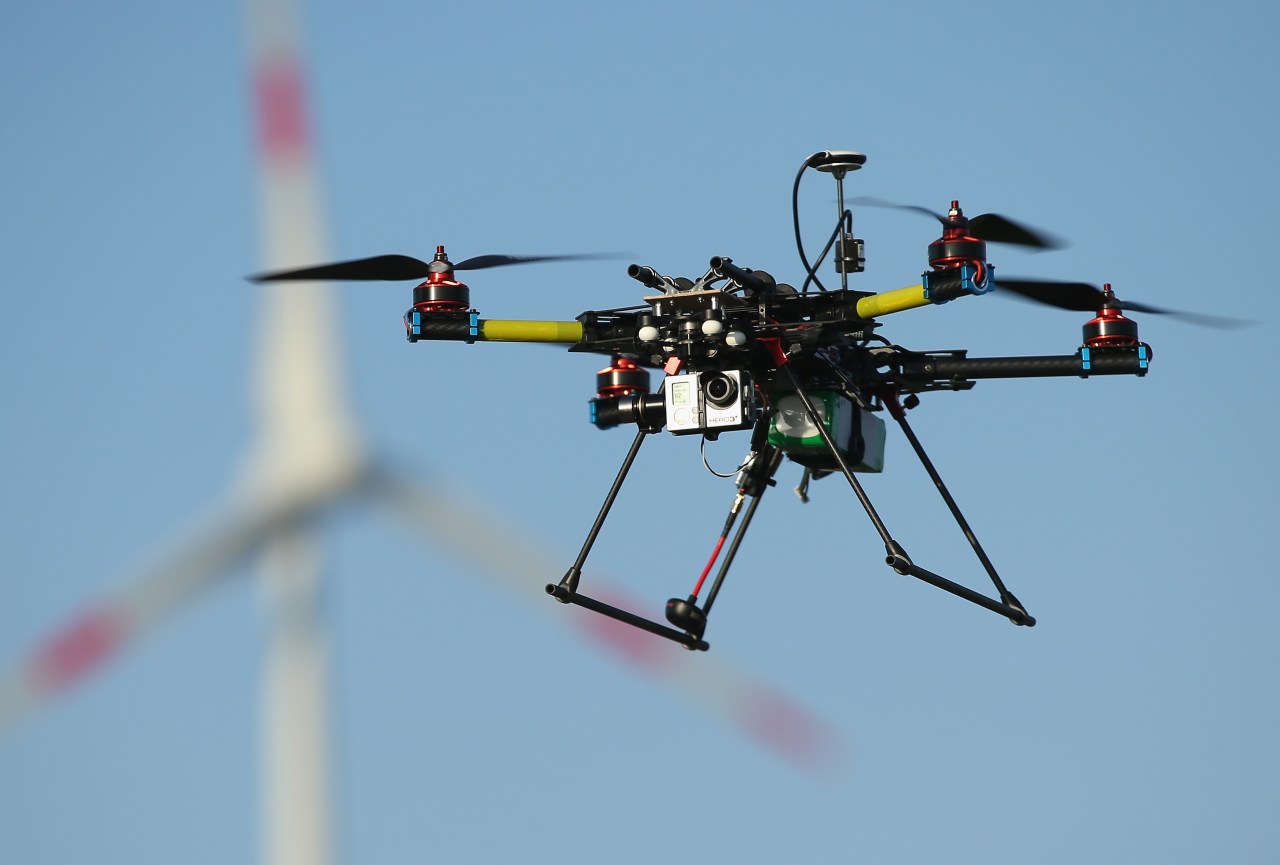As artificial intelligence continues to weave itself into the fabric of daily life, from self-driving cars to AI-driven recruitment tools, the European Union is stepping up its game to safeguard consumers and ensure accountability for AI-enabled products. The proposed AI Liability Directive signals a significant shift in how legal liability will be determined in cases of harm caused by artificial intelligence systems. With updates to product liability laws, the EU aims to create a safer environment for consumers while instilling trust in AI technology.
The Need for Legal Evolution
The rapid advancements in AI technology have created a myriad of challenges for existing legal frameworks. Traditional liability rules simply cannot accommodate the complexities posed by AI systems, which often operate with a “black box” mentality, leaving consumers in the dark about how decisions are made. Justice Commissioner Didier Reynders emphasized the importance of this legislative reform, stating, “Current liability rules are not equipped to handle claims for damage caused by AI-enabled products and services.” This sentiment resonates across various sectors and underscores the necessity for a legal paradigm shift.
The Essentials of the AI Liability Directive
The proposed directive introduces critical measures designed to empower victims and hold responsible parties accountable. Here are its key components:
- Disclosure Requirements: Victims will have the right to access records or data generated by an AI system to support their claims. This move seeks to illuminate the often opaque operation of AI technologies.
- Rebuttable Presumption of Causality: This provision shifts some of the burdens of proof from victims to defendants. If a victim can demonstrate that a liable party breached their obligations, the court can presume that this non-compliance caused the resultant damage.
These measures provide a pathway for individuals and businesses alike to seek justice and reparation, creating a more balanced playing field in legal disputes involving AI.
Expansive Scope of Liability
The directive broadens the scope of liability well beyond just the original manufacturers of AI systems, extending accountability to developers, operators, and even users of these technologies. This comprehensive approach ensures that all actors in the AI supply chain can be held responsible for harm caused by their products, reflecting the reality of today’s interconnected digital landscape.
A practical example provided by Reynders illustrates this point: if a drone operator fails to follow specific user instructions, leading to damage, both the operator and the technology developer would be held liable. This type of inclusive legal framework is crucial as it addresses the multifaceted nature of AI interactions in the modern world.
Anticipating Challenges and Future Prospects
While the AI Liability Directive is a promising initiative, potential challenges remain. Critics point out that the framework may not directly empower citizens to sue over fundamental rights infringements, such as discriminatory practices in AI recruitment. Instead, it aims to facilitate compensation related to other forms of damages, like data loss, while still ensuring robust protections for consumer rights.
Moreover, as the EU navigates its co-legislative process for the directive, it must balance innovation with legal certainty. As we focus on progressing toward a technologically advanced society, the compliance burden on AI developers will undoubtedly increase, raising questions about the impact on innovation and agility in the sector.
Conclusion: The Way Forward
The proposed AI Liability Directive reflects a transformative step in how emerging technologies will be governed. By establishing clearer responsibilities for AI-enabled products, the EU is not only fostering a more transparent environment but also promoting consumer trust in an ever-evolving digital landscape. It’s a complex dance between accountability and innovation, and how this plays out will be pivotal for the future of AI and digital technology.
As we look ahead, continuous monitoring and adaptation of the legal framework will be critical to address unforeseen challenges arising from rapidly evolving AI capabilities. The dialogue between legal entities, technologists, and consumers must remain open to ensure that technology serves humanity, enhancing lives without compromising rights.
At fxis.ai, we believe that such advancements are crucial for the future of AI, as they enable more comprehensive and effective solutions. Our team is continually exploring new methodologies to push the envelope in artificial intelligence, ensuring that our clients benefit from the latest technological innovations.
For more insights, updates, or to collaborate on AI development projects, stay connected with fxis.ai.

